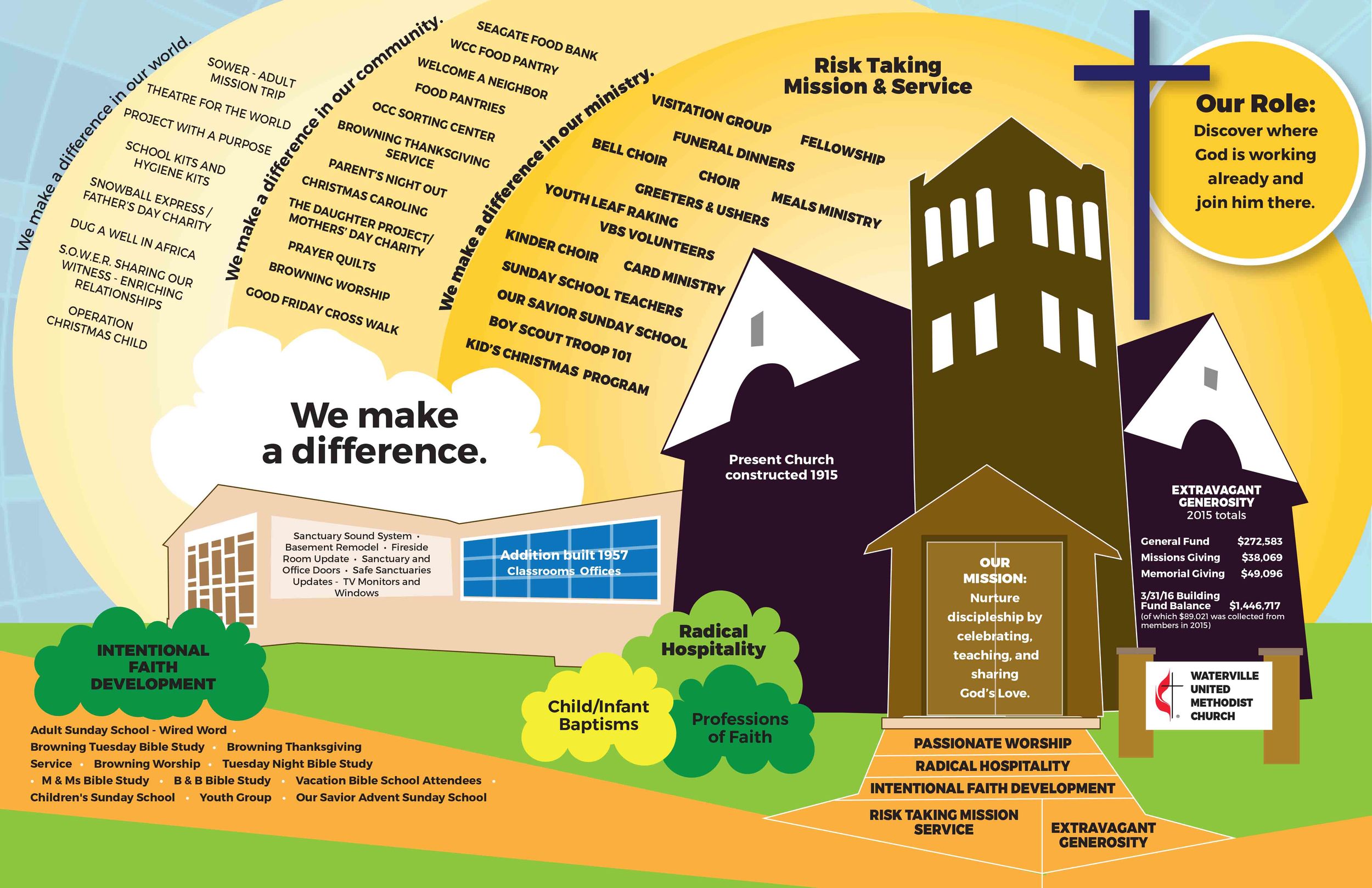Examining The Rich Heritage And Lasting Tradition Of Catholic Schools Throughout The World
Examining The Rich Heritage And Lasting Tradition Of Catholic Schools Throughout The World
Blog Article
Write-Up Produced By-copyright Bateman
When you think about the history of education, Catholic colleges stand apart for their deep-rooted customs and lasting influence. These establishments began as a way to impart confidence and values, however they've adjusted extremely over centuries. Today, they play an important function in shaping not just academic success but additionally moral integrity. What's fascinating is how they have actually taken care of to flourish among altering cultural landscapes, questioning about their future relevance and influence.
The Origins of Catholic Education And Learning: A Historical Viewpoint
Catholic education and learning traces its roots back over 1,500 years, when early Christian areas identified the demand for structured understanding. You'll discover that these neighborhoods aimed to hand down their confidence and values through education and learning.
Monasteries and cathedral colleges became facilities of understanding, supporting both spiritual and intellectual growth. As you dig deeper, you'll see that the educational program frequently consisted of approach, faith, and the liberal arts, made to form well-rounded people.
In time, the Church developed much more official organizations, guaranteeing that education and learning remained accessible to all. The dedication to teaching moral worths and fostering a sense of neighborhood has persisted via the centuries, shaping the educational landscape and affecting many lives worldwide.
This long-lasting tradition continues to motivate Catholic education today.
The Evolution of Catholic Schools Through Social Contexts
As cultures progressed, so did the role of Catholic institutions, adjusting to the social contexts in which they existed. In the early years, these establishments focused mainly on religious guideline, yet as communities diversified, they started to integrate neighborhood languages, customizeds, and academic needs.
You would certainly notice that Catholic institutions commonly came to be facilities for social communication, promoting a feeling of belonging among students from various histories. In High School Christian high schools Leelanau County , they addressed social issues, such as hardship and discrimination, by providing available education and learning for all.
As you check out various societies, you'll see just how Catholic colleges have moved their educational program and training approaches, reflecting the worths and difficulties of their atmospheres while holding to their fundamental goal of confidence and academic excellence.
The Modern Duty and Effect of Catholic Schools in Culture
In today's globe, Catholic colleges play a vital role fit not simply the instructional landscape, however additionally the broader community.
You'll locate that these organizations emphasize values like respect, empathy, and social justice, fostering all-round individuals that add positively to society. By concentrating on academic excellence and moral advancement, Catholic colleges prepare trainees for future challenges, supporting critical reasoning and management abilities.
https://www.cnbc.com/select/average-student-loan-debt-by-age/ offer diverse populaces, bridging gaps in access to quality education. Additionally, you could discover their commitment to solution, encouraging students to engage in area outreach and volunteer job.
This blend of education and ethical advice makes Catholic institutions a substantial force, cultivating liable people who can affect their communities right.
Conclusion
Finally, Catholic colleges have a rich history that's formed their long-lasting influence on culture. High School Catholic high schools Near Me Suttons Bay 've seen exactly how they have actually adapted to numerous cultural contexts while preserving a commitment to belief, values, and scholastic quality. Today, they continue to play a vital function in cultivating neighborhood, advertising social justice, and nurturing liable residents. As you review their heritage, it's clear that Catholic institutions continue to be an effective force for favorable modification in the world.
